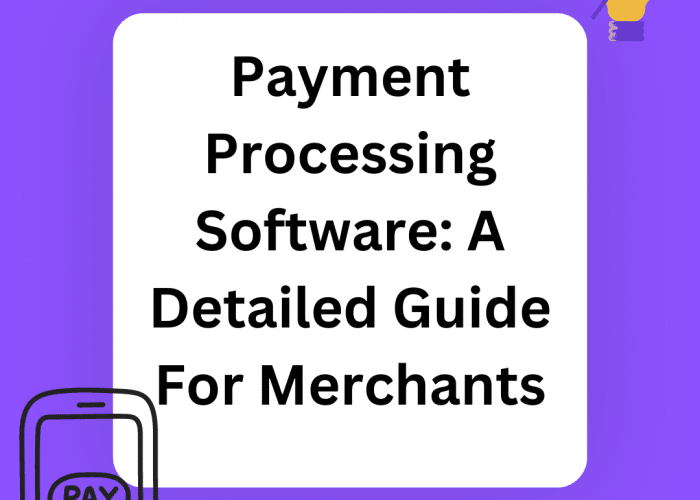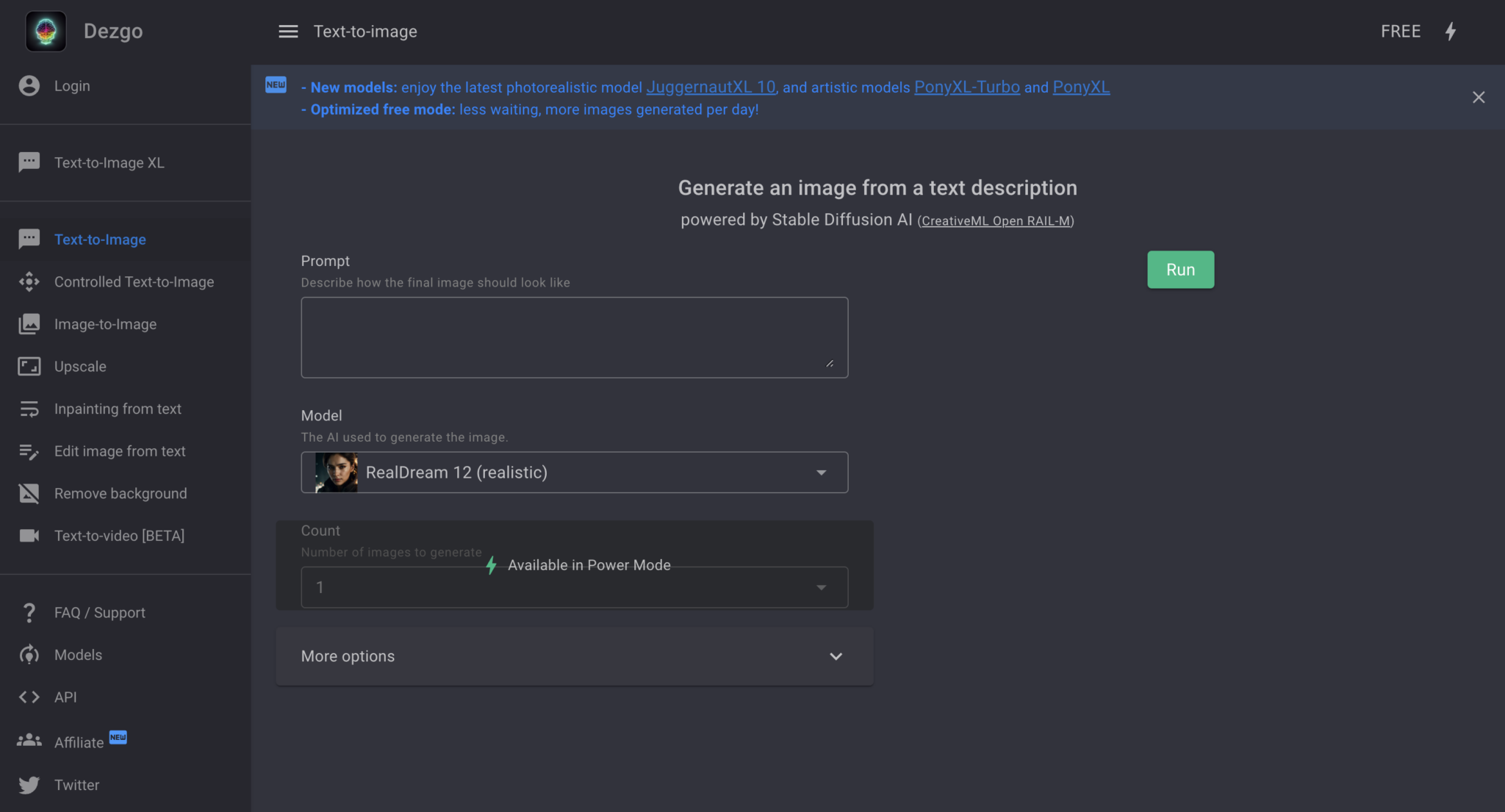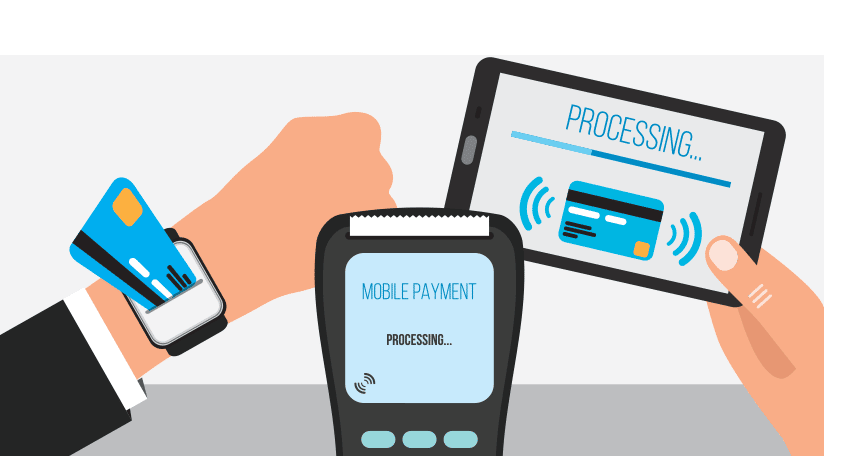
Welcome to our blog on Payment Processing Software: A Detailed Guide For Merchants In 2023. As a merchant account holder, you know that accepting payments is a crucial part of your business operations. With the constant advancements in technology, it’s essential to stay informed about the latest software available in the market.
In this blog, we’ll provide you with a comprehensive guide on what payment processing software is, how it works, and the features you should look for when choosing a solution for your business. We’ll also discuss the benefits of using such software and how it can help you grow your business in the current digital landscape.
Whether you’re a small business owner or a large corporation, this guide will help you make an informed decision about the best payment processing software for your needs. So, let’s dive in and explore everything you need to know:
What are Payment Processing Software
Software that enables businesses to receive and process client electronic payments is known as payment processing software. Payments made through credit and debit cards, electronic checks, and ACH (automated clearing house) payments might all fall under this category.
Features like data encryption, fraud detection, and regulatory compliance are frequently included in the software.
The software can be used to monitor recurring payments, give refunds, and cancel transactions. It may also link with a point of sale (POS) system or an e-commerce platform. Such SaaS assist organizations in tracking and managing their financial activities, some software also provides integrated accounting and reporting tools.
In general, payment processing software is a tool that enables businesses to take payments in a number of various formats, including bank transfers, cards, e-checks, and digital wallets. It gives businesses the ability to manage all transactions easily and securely while lowering the risk of fraud, chargebacks, and other concerns. It may be used by companies of all sizes and in all industries, and it also enables merchants to handle payments offline or online.
What are the Features of Payment Processing Software
The following features are frequently seen in payment processing software:
- Secure payment gateway: This function enables the program to safely communicate a customer’s credit card data to the merchant’s acquiring bank following strict security features.
- Safety: Fraud detection and prevention tools, such as the AVS (address verification system) and CVV (card verification value) checks, may be included in the program.
- Recurring Payments: The ability to set up recurring payments for subscription-based services is provided via the recurring billing functionality.
- Tokenization: With this function, the software can swap out sensitive payment data with a one-of-a-kind token that can be used for subsequent transactions without the user having to enter their credit card information again.
- Reporting and analytics: The program may give retailers in-depth reports on their sales and transactions, including details on clientele’s racial and ethnic composition, previous purchases, and more.
- Support for numerous currencies: This function enables merchants to take payments in other currencies, which is very helpful for e-commerce companies that sell goods to clients abroad.
- Support for different payment channels: This function enables businesses to take payments via many channels, including online, in-person, and mobile.
- Integration with other systems: To create a smooth workflow, payment crunching software can be integrated with other platforms including accounting software, customer relationship management (CRM), and inventory management systems.
Types Of Payment Processing Software
- Point-of-sale (POS) systems: These are software systems that are integrated with payment terminals and are commonly used in retail environments.
- Online payment gateways: These allow e-commerce businesses to securely process payments on their websites using different payment options.
- Mobile payment apps: These are apps that allow customers to make payments simplified visa/card transactions using their smartphones or tablets.
- Virtual terminal: This type of software allows businesses to process payments remotely, typically via a web browser or mobile device.
- Recurring billing software: This software allows businesses to automatically bill customers on a regular basis, such as monthly subscriptions.
- Payment APIs: These software allow payment integration of the payment method on the website or mobile apps for smooth payment services.
- Payment plugins: These software allows easy integration of payment methods on e-commerce platforms like Shopify, Magento etc.
Benefits of Payment Processing Software in the Digital Age
Payment processing software is useful in the digital age because it allows businesses to easily and securely accept payments online. This is particularly important as more and more consumers are turning to the internet to make purchases.
- Convenience: With payment processing software, customers can make purchases on a merchant’s website or mobile app without leaving the platform. This makes the checkout process faster and more convenient for customers.
- Security: The software includes features such as a secure payment gateway, fraud detection and prevention, and tokenization which helps to protect sensitive payment information and reduce the risk of fraudulent transactions.
- Automation: Payment processing software can automate tasks such as recurring billing, which can save time and reduce business errors by keeping payment or card details.
- Data and analytics: The software provides merchants with detailed reports on their transactions and sales, which can help them make informed decisions about their business.
- Flexibility: Payment processing software can take payments through multiple channels, such as online, in-store, and mobile. This allows businesses to cater to customers who prefer different methods of payment.
- Integration: Payment processing software can be integrated with other systems, such as accounting software, CRM, and inventory management systems, to provide a seamless workflow.
- Multi-currency support: It allows businesses to take payments in multiple currencies, which is particularly useful for companies that sell products or services to customers in different countries.
Overall, payment processing software plays a vital role in enabling businesses of all sizes to accept digital payments, which is increasingly becoming a necessity in the digital age for running online stores.
Examples of Payment Processing Software
There are many examples of payment processing software available, some of the most popular include:
- Stripe
- PayPal
- Square
- Authorize.net
- Worldpay
- Adyen
These are just a few examples of the many payment processing software options available. Each one offers different features and pricing plans, so it’s important to research and compares different options to find the one that best meets your business’s needs.
Top Payment Processing Software in 2023
Billycart
Billycart is a payment processing tool that makes it simple for businesses to accept and handle consumer payments. The payment procedure is streamlined for both the company and the customer because of its user-friendly and effective design.
Billycart is a flexible solution for companies of all sizes with features including secure transactions, real-time reporting, and configurable choices. No matter how big or small your business is, Billycart can make it simple for you to manage your payments.
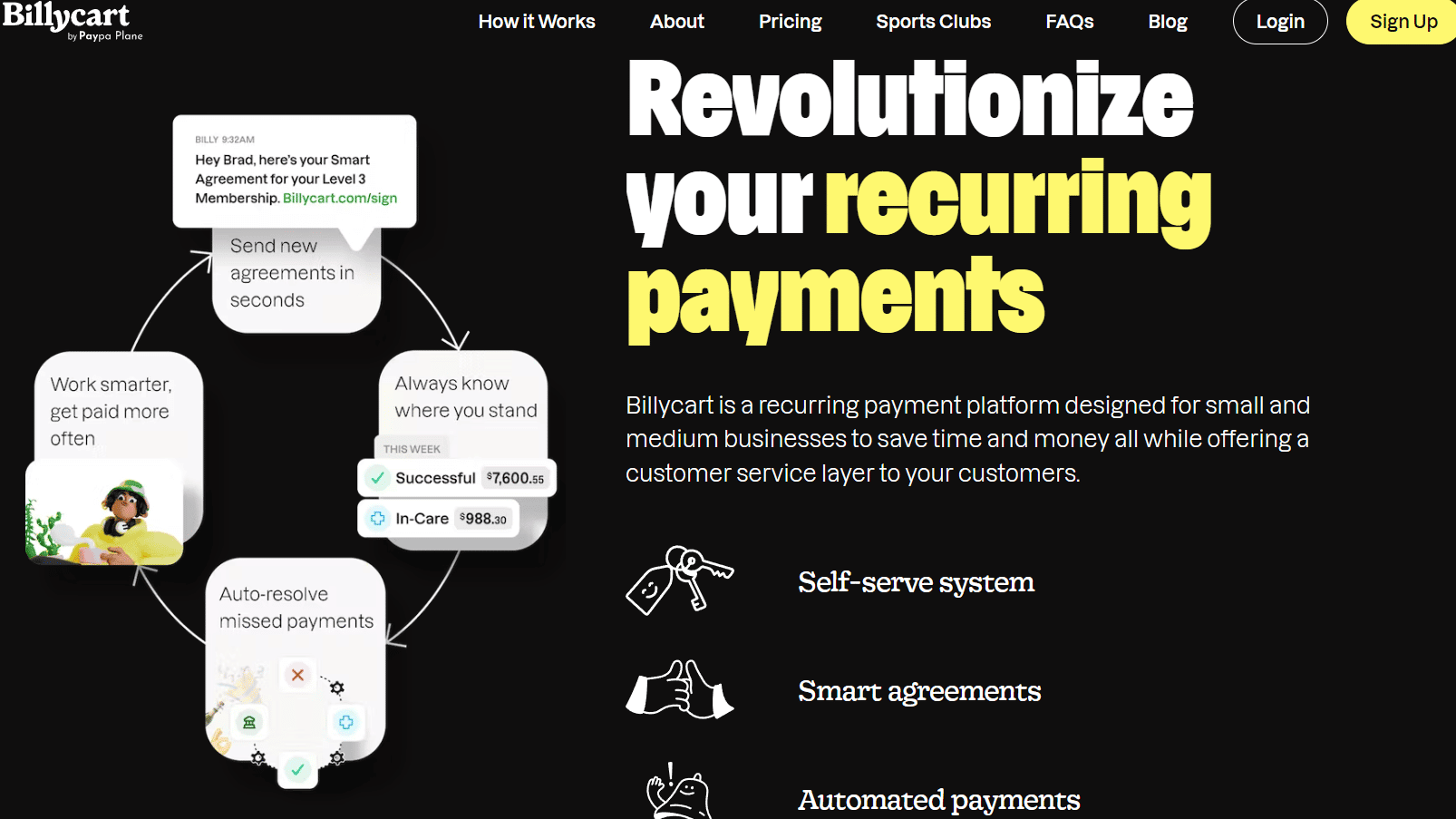
Billycart Features
- Dashboard
- Multi-Currency
- Multi-User
- Payment Processor
- Third-Party Plugins/Add-Ons
- Subscription Invoice
Billycart Pricing
Billycart offers a 2-month trial period to its first-time users.
Billycart charges $19.90 per month and 0.3% per transaction.
Rapyd
With the aid of Rapyd Collect, businesses can quickly and conveniently collect money from clients using a range of payment methods, such as credit and debit cards, e-wallets, and bank transfers. Rapyd Collect makes it simple for businesses to optimize their payment collecting process and enhance their entire payment experience for clients thanks to its user-friendly interface and versatile integration possibilities.
Additionally, Rapyd Collect has strong security safeguards to safeguard both businesses and customers and is fully compliant with all important industry requirements.
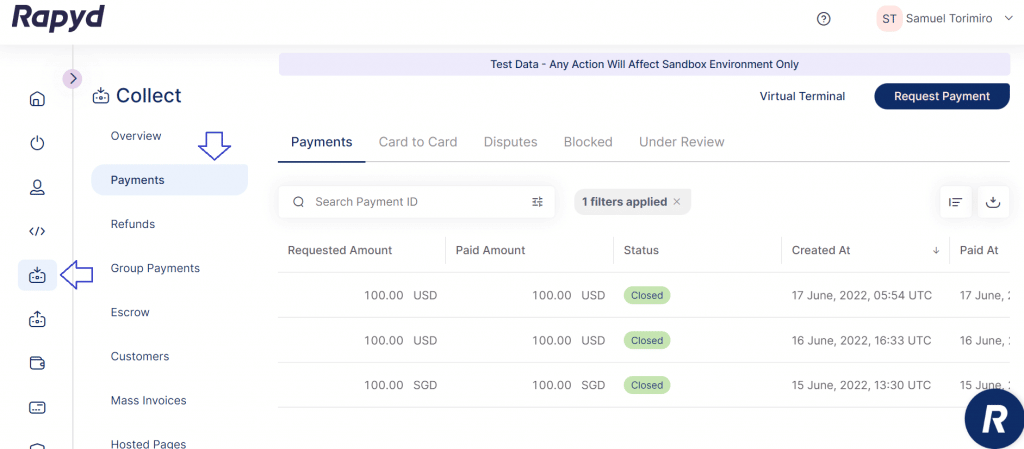
Rapyd Features
- Hosted Checkout Page Integration
- Checkout Toolkit Integration
- Complete Payment
- Save Card Details With Rapyd Checkout
- Two-Step Payment
- Payment With FX
- Split Payment by Amount
- Group Payments
- Escrow
- Partial Payments
- Card Payments
- Card Payment With 3DS Verification, and many more features. Check Rapyd Product page for more information.
Rapyd Pricing
Rapyd offers customized pricing plans to its users. Potential users can contact their sales team to enquire about the best pricing.
Conclusion
In conclusion, payment processing software is an essential tool for merchants in 2023. It offers a range of benefits such as increased security, ease of use, and reduced transaction costs. It is crucial for merchants to choose the right payment processing software that meets their business needs.
Factors such as payment options, fees, and customer support should be considered before making a decision. This guide provides a comprehensive overview of the payment processing software market, helping merchants make an informed choice and run their business smoothly.
Read More
Payment Gateway Software: A Complete Guide For You (2023)
The 5 Top Identity and Access Management (IAM) Tools
Navigating The SaaS Cycle Means Never Getting Stale
Is payment processing a software?
Yes, payment processing software enables businesses to receive and process client electronic payments.
What are the benefits of payment processing software?
The various benefits of payment processing software are:
1- Acceptance of various mode of payments
2- Eases buyer journey
3- Simple integration with business tools
4- Flexibility
5- Scalable
What are some examples of leading payment processing software?
Leading payment processing software are:
1-Stripe.
2- PayPal.
3- Rapid Collect
4- Billycart
5- Square

